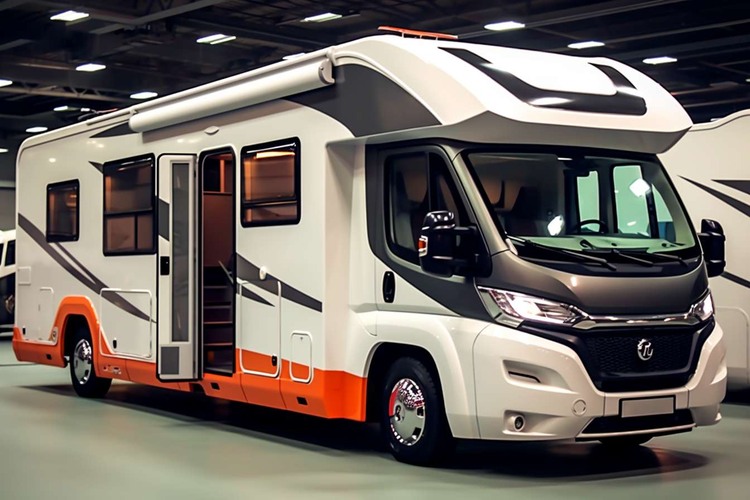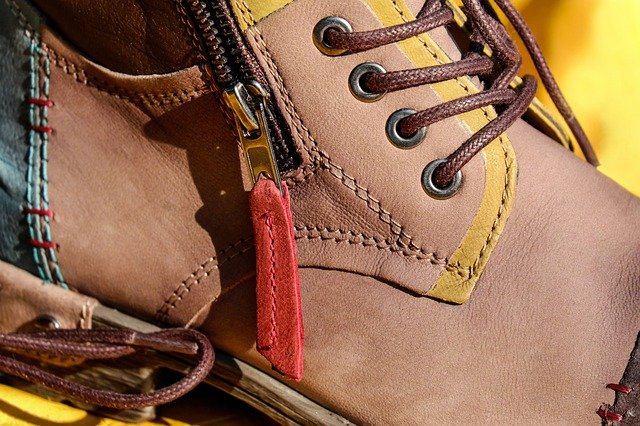Guide to Buying Small Used Travel Trailers: Practical Tips, Inspection Checklist, and Where to Find Deals
Purchasing a small used travel trailer can be an excellent way to enter the world of recreational vehicle ownership without the hefty price tag of a new unit. These compact, towable homes on wheels offer freedom, flexibility, and the opportunity to explore new destinations while maintaining comfort and convenience. However, buying used requires careful consideration, thorough inspection, and smart negotiation to ensure you get a reliable trailer that meets your needs and budget.

The market for pre-owned recreational vehicles continues to grow as more people seek affordable ways to travel and enjoy outdoor adventures. Small travel trailers, typically ranging from 10 to 20 feet in length, have become particularly popular among solo travelers, couples, and small families who value maneuverability and fuel efficiency over spaciousness.
Why Choose a Small Used Travel Trailer
Small used travel trailers present several advantages for budget-conscious adventurers. The lower purchase price compared to new models allows buyers to enter the RV lifestyle without significant financial strain. These compact units are easier to tow with standard vehicles, eliminating the need for heavy-duty trucks. Storage is simpler, as many fit in standard driveways or garage spaces. Depreciation has already occurred with used models, meaning your investment holds value better than a new trailer that loses significant worth immediately after purchase. Insurance and registration costs are typically lower for used units. Maintenance and repair parts are often more affordable and readily available for older, established models. The smaller size also means reduced campground fees at many locations that charge based on trailer length.
Key Features and Floorplans to Look For
When evaluating small travel trailers, focus on layouts that maximize limited space efficiently. Common floorplans include rear bedroom designs with a fixed bed at the back, front bedroom configurations, convertible dinette setups that transform into sleeping areas, and murphy bed systems that fold away during daytime. Essential features to prioritize include adequate sleeping capacity for your typical travel group, functional kitchen amenities such as a two-burner stove and small refrigerator, bathroom facilities ranging from wet baths to cassette toilets, sufficient storage including cabinets and exterior compartments, climate control through heating and air conditioning systems, and electrical systems with both 12-volt DC and 120-volt AC capabilities. Water systems should include fresh water tanks, gray water holding tanks, and black water tanks if a toilet is present. Consider the trailer’s weight and your towing vehicle’s capacity to ensure safe operation.
Inspection Checklist: What to Inspect Before You Buy
A thorough pre-purchase inspection can save thousands in unexpected repairs. Start with the exterior by examining the roof for cracks, soft spots, or previous leak repairs. Check all seams and seals around windows, doors, and vents. Inspect the trailer’s frame and undercarriage for rust, damage, or signs of accidents. Verify that tires have adequate tread depth and check the manufacturing date, as trailer tires should be replaced every five to seven years regardless of tread wear. Test all exterior lights, including brake lights and turn signals. Inside, look for water damage indicators such as staining, soft floors, musty odors, or warped paneling. Operate all appliances including the stove, refrigerator, furnace, and air conditioner. Test the water pump and check for leaks in plumbing connections. Inspect the electrical system by plugging into shore power and testing all outlets and fixtures. Examine the condition of upholstery, cabinetry, and flooring. Check that windows open, close, and seal properly. Verify that the door locks and latches function correctly. Request maintenance records and title documentation to confirm ownership and service history.
Pricing, Financing and Negotiation Tips
Understanding the financial aspects of buying a used travel trailer helps you make informed decisions and secure favorable terms. Prices for small used travel trailers vary widely based on age, condition, brand reputation, and included features. Generally, units from the 1990s and early 2000s range from $2,000 to $8,000, while models from 2010 to 2015 typically cost between $8,000 and $15,000. More recent pre-owned trailers from 2016 to 2020 often fall in the $12,000 to $25,000 range. Premium brands and well-maintained units command higher prices.
| Age Range | Typical Price Range | Condition Notes |
|---|---|---|
| 1990-2005 | $2,000 - $8,000 | May require updates, check systems carefully |
| 2006-2012 | $6,000 - $12,000 | Moderate wear, verify appliance functionality |
| 2013-2017 | $10,000 - $18,000 | Better condition, modern amenities |
| 2018-2021 | $15,000 - $28,000 | Minimal depreciation, like-new features |
Prices, rates, or cost estimates mentioned in this article are based on the latest available information but may change over time. Independent research is advised before making financial decisions.
Financing options include personal loans from banks or credit unions, RV-specific financing through dealerships or specialized lenders, and home equity loans if you have sufficient equity. Interest rates vary based on creditworthiness, loan term, and lender policies. When negotiating, research comparable models to establish fair market value. Point out any issues discovered during inspection as leverage for price reduction. Be prepared to walk away if the seller is unwilling to negotiate reasonably. Consider the total cost of ownership including insurance, registration, storage, and anticipated repairs when determining your maximum offer.
Where to Find Listings and Verify Seller Credibility
Multiple platforms exist for locating used travel trailers. Online marketplaces such as RV-specific websites, general classified platforms, and social media marketplace groups offer extensive listings with photos and descriptions. Local dealerships often have trade-in inventory at various price points with some warranty coverage. RV shows and swap meets provide opportunities to see multiple units and negotiate in person. Campground bulletin boards sometimes feature listings from fellow campers. Auctions, both online and physical, can yield deals but require quick decisions and often sell as-is.
Verifying seller credibility protects you from fraud and misrepresentation. For private sellers, request to see the title and verify it matches the seller’s identification. Check the vehicle identification number against the title and look for any liens or salvage history through vehicle history services. Meet at the trailer’s location rather than a secondary site to confirm ownership. Ask for maintenance records and original purchase documentation. For dealerships, research online reviews and ratings from previous customers. Verify the business is licensed and in good standing with local authorities. Understand the return policy and any warranty offerings. Request a pre-purchase inspection by an independent RV technician for significant investments.
Conclusion
Buying a small used travel trailer requires diligent research, careful inspection, and informed negotiation. By understanding what features matter most, knowing what to look for during inspection, researching fair pricing, and verifying seller credibility, you can find a reliable trailer that fits your budget and travel aspirations. Take your time, ask questions, and don’t rush into a purchase. The right trailer will provide years of adventure and memories while remaining within your financial comfort zone.




